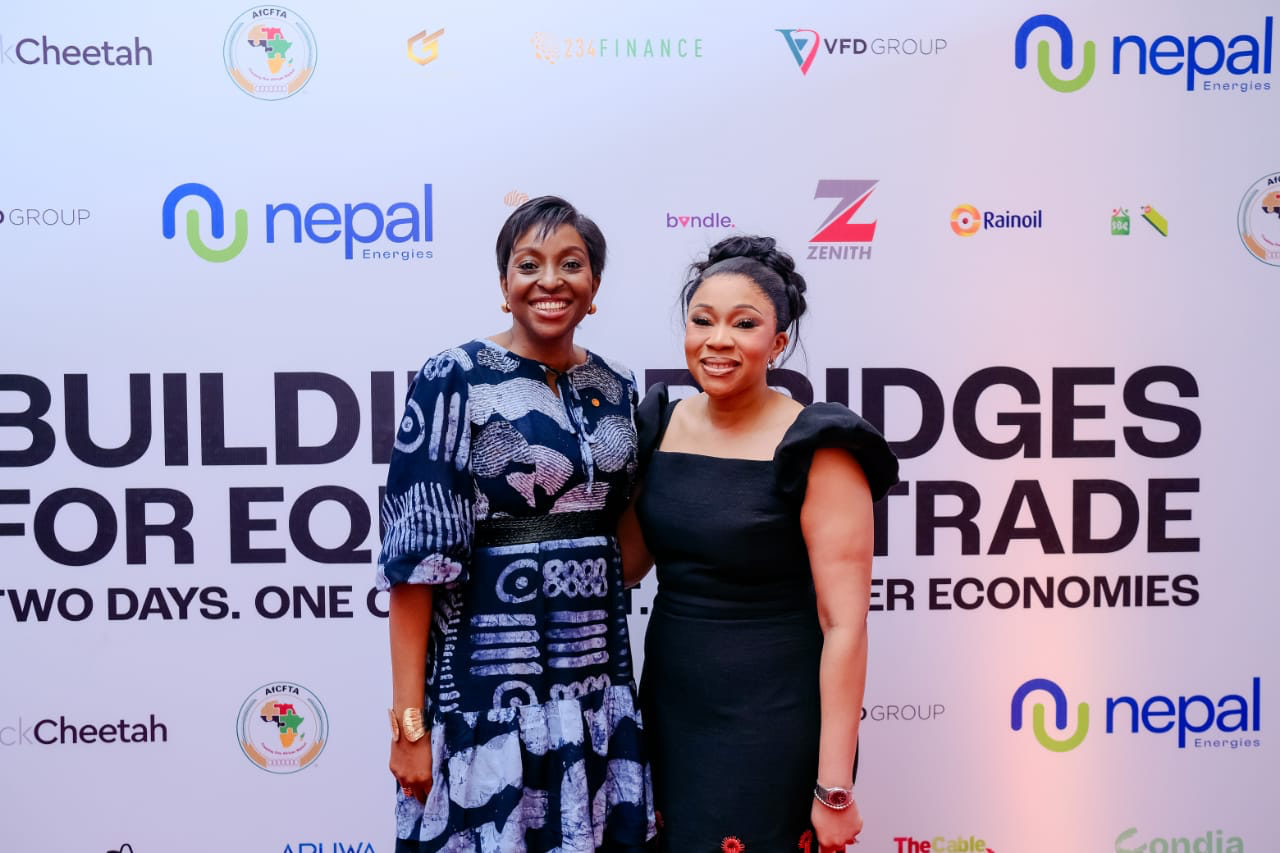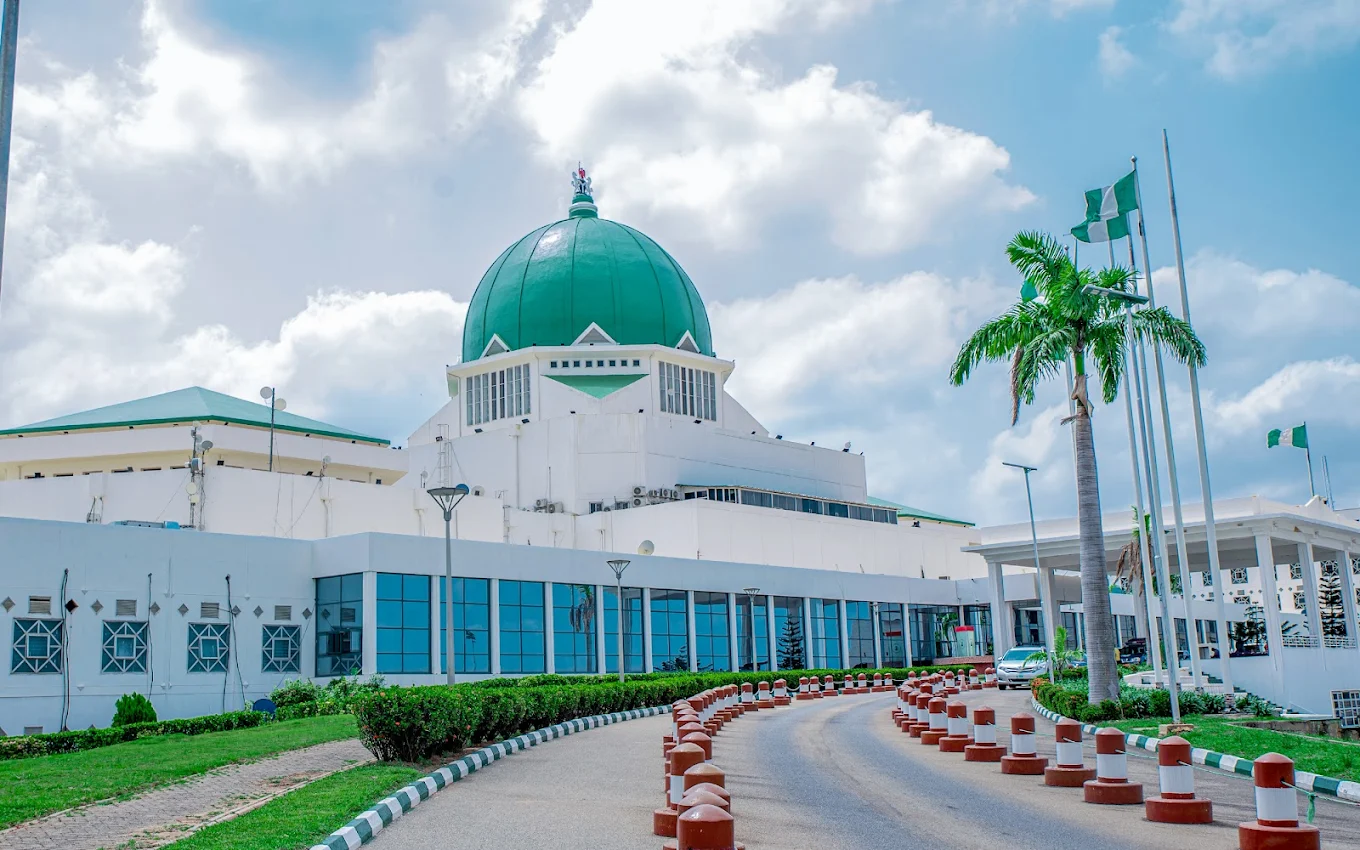The global fashion industry has become synonymous with speed. Styles emerge, trend briefly, and are discarded within weeks. Entire collections vanish almost as quickly as they appear, leaving behind waste and environmental damage. This cycle, known as fast fashion, is forcing brands to rethink their future, with sustainability now seen as essential to survival rather than an optional ideal.
The environmental cost of fast fashion is staggering. The industry is widely regarded as the second-largest polluter in the world, with discarded textiles filling landfills, harmful dyes contaminating water sources, and underpaid workers often bearing the brunt of its hidden costs. In response, consumers are beginning to demand more than fleeting style. Increasingly, they want assurance that what they buy respects both the planet and the people behind its creation.
Leather, when responsibly produced, offers a rare counterpoint to this disposability. Properly crafted leather goods are long-lasting, capable of being repaired and passed down through generations. Yet sustainability cannot be defined by material alone. How leather is sourced, processed, and designed plays an equally vital role. Wasteful production, reliance on harmful chemicals, and exploitative labour practices risk undermining its promise of longevity.
Africa, however, holds an advantage that few regions can claim: the ability to build a modern leather industry with sustainability at its core. Abundant resources provide the opportunity for traceable and ethical sourcing. Investments in environmentally responsible tanning methods could help avoid the mistakes of established industries elsewhere. By focusing on quality and timeless design, African producers can champion durability as a form of luxury, standing apart from the fleeting churn of fast fashion.
The challenge is clear: Africa’s leather sector must decide whether to follow the well-worn path of mass production and waste, or to position itself as a beacon of responsible luxury. With a growing global appetite for authenticity and permanence, the latter offers a route not only to commercial success but to building an industry that earns enduring respect.
For Nigeria and the wider continent, the choice lies in turning sustainability from a slogan into a defining identity. If embraced, it could ensure that “Made in Africa” becomes synonymous with ethical excellence and lasting value in the fashion world.
Olamide is the founder of Shoeniverse Leathers






